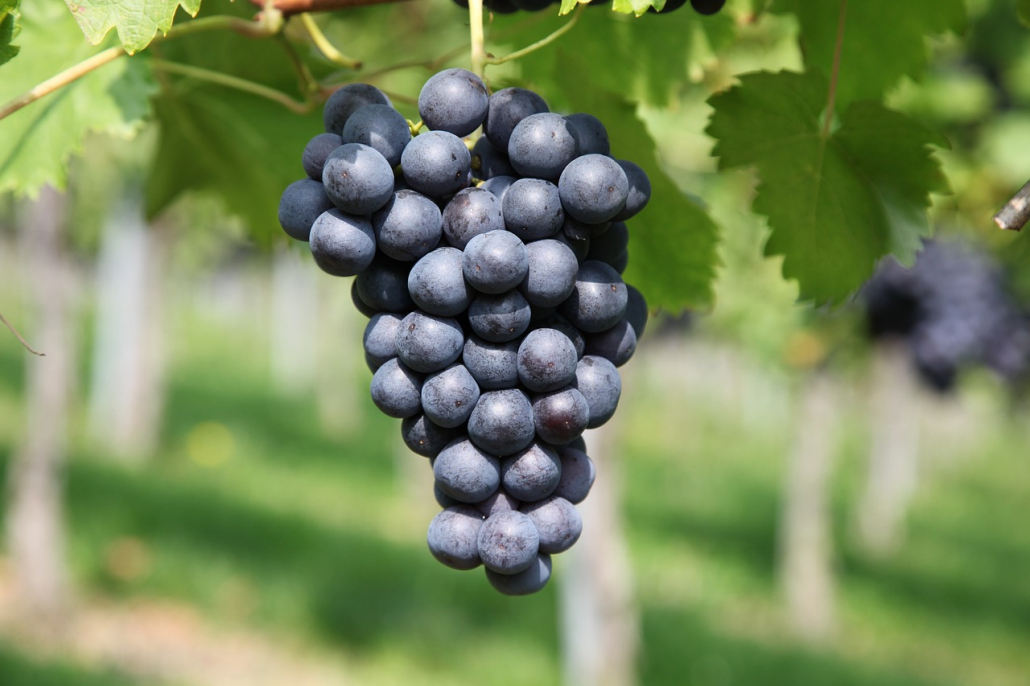Castello Monte Vibiano is a pioneer in the field of sustainability. This magnificent winery stands at the centre of the Fasola estate on the Perugia’s hills, Italy, producing both high-quality oil and wine. In 2009, it was awarded with the «zero CO2 emissions» certification (DNV UNI ISO 14064), being the first Italian company to receive it after a long process.
Over half a century ago, the winery planted over 10,000 trees to surround the estate’s agricultural land. Today these trees have grown and created a majestic “green fence” to protect the vineyards and olive groves from the impact of man, so only 40% of the estate’s land is dedicated to agriculture, while plants and ecological areas occupies over 30% of the territory surrounding the Castle.
To be more and more sustainable from the farm’s point of view, even the packaging materials have been revised, and only electric vehicles and bicycles are used within the estate. The farm also offers tasting services and bicycle tours in an effort to pass on its values to citizens.

That is why this case has ben selected as a good practice at Green Vineyards Competence Framework & Sustainable Practices for Wine Sector guide.
Green Vineyards (Upskilling wineries staff: Responding to the challenges of climate change – 2021-1-ES01-KA220-VET-33311), is funded by the Erasmus+ Programme of the European Union. It aims to train workers in the wine sector to be able to face the challenges of climate change. The project brings together the environment, digitalisation and the agri-food sector, three of the priorities of the European Commission for this 2021 – 2027 programming period.

